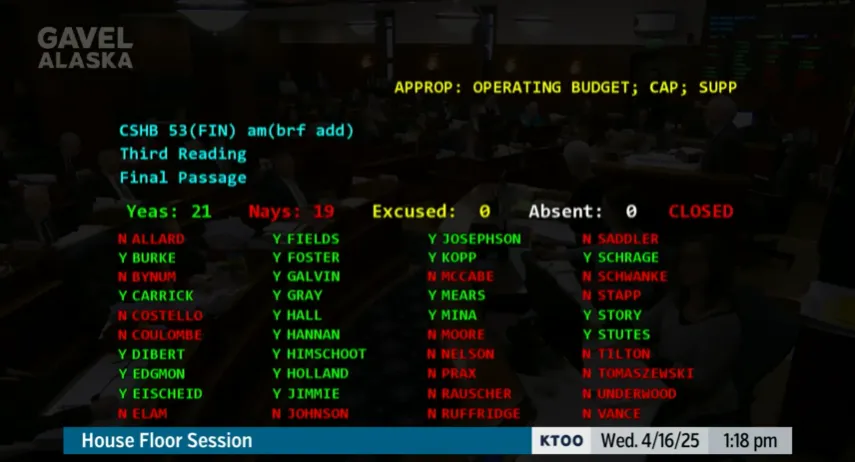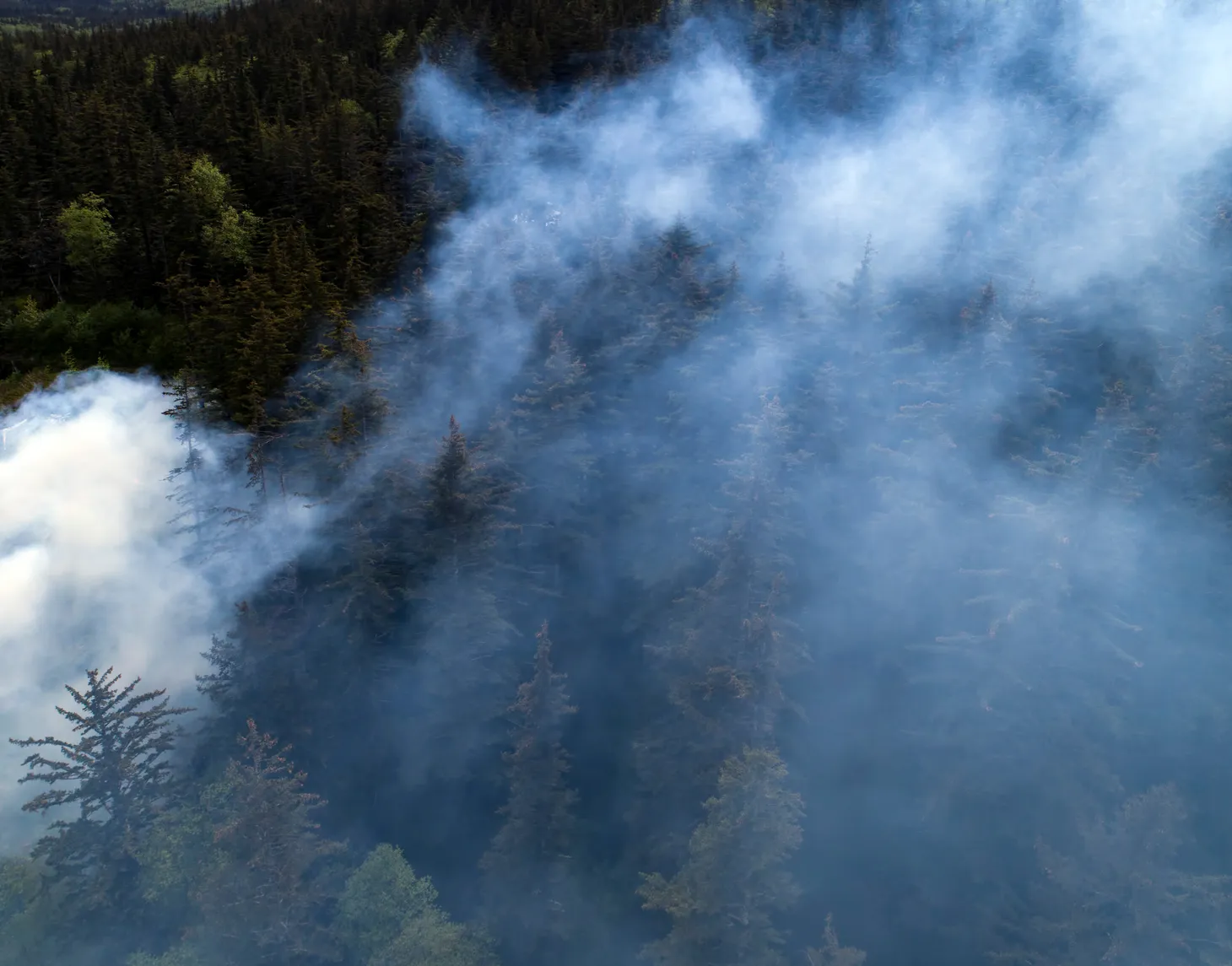Trump's mass firing of federal probationary workers is underway, and it's gonna be bad
"Alaska's economy has two parts: oil and federal employees."
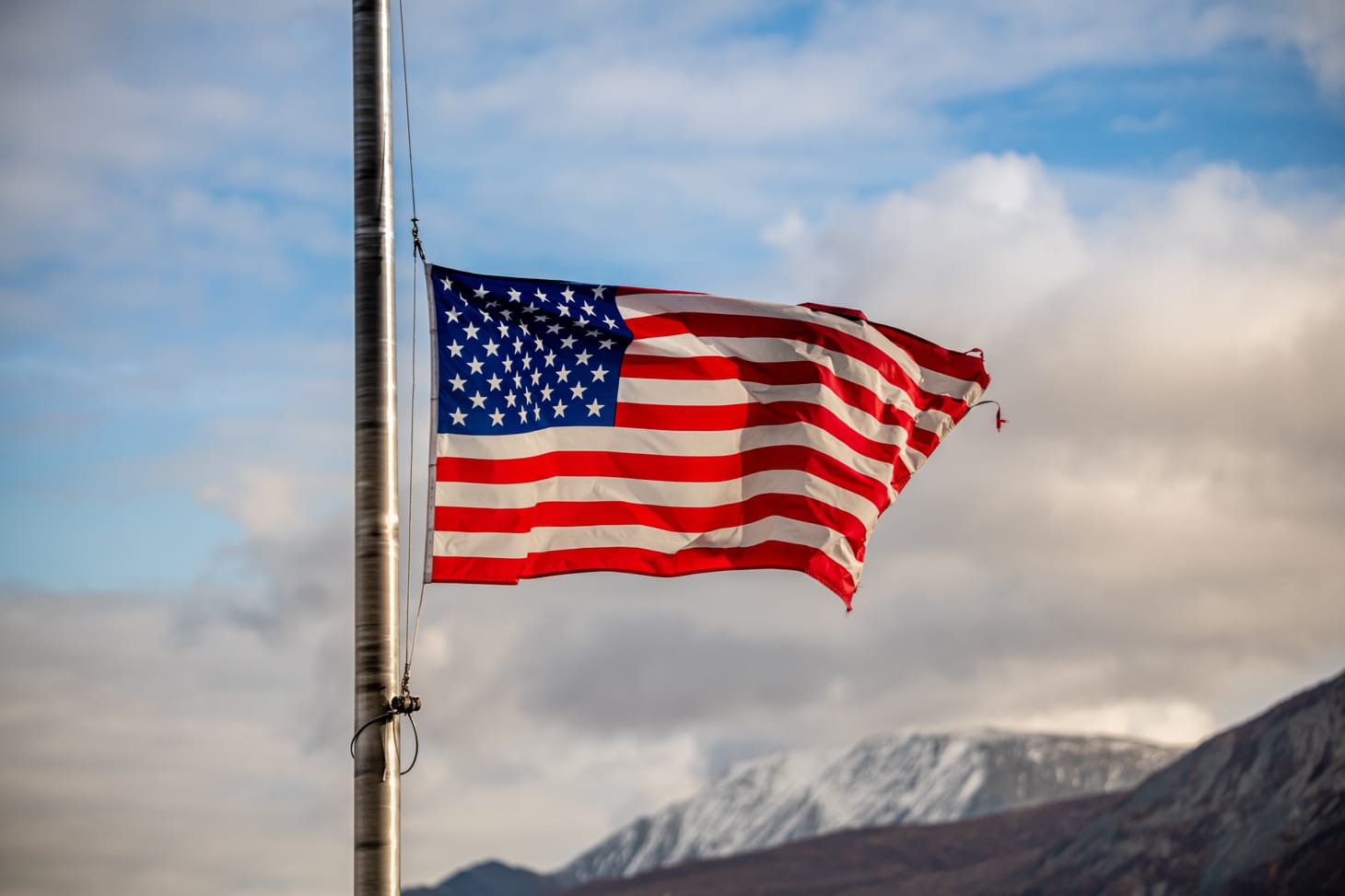
It's Friday, Alaska.
In this edition: The bubbling rumors that Trump would order a mass firing of federal employees are now a reality, with reports that probationary employees are being fired in just about every corner of the federal government, from park rangers to nuclear bomb specialists. In Alaska, a state with an outsized reliance on federal dollars and where the fed is one of the largest employers, it's going to be bad, but just how bad it is is far from certain.
Current mood: 😬
The rumored mass firing of probationary federal workers is underway, and it's gonna be bad
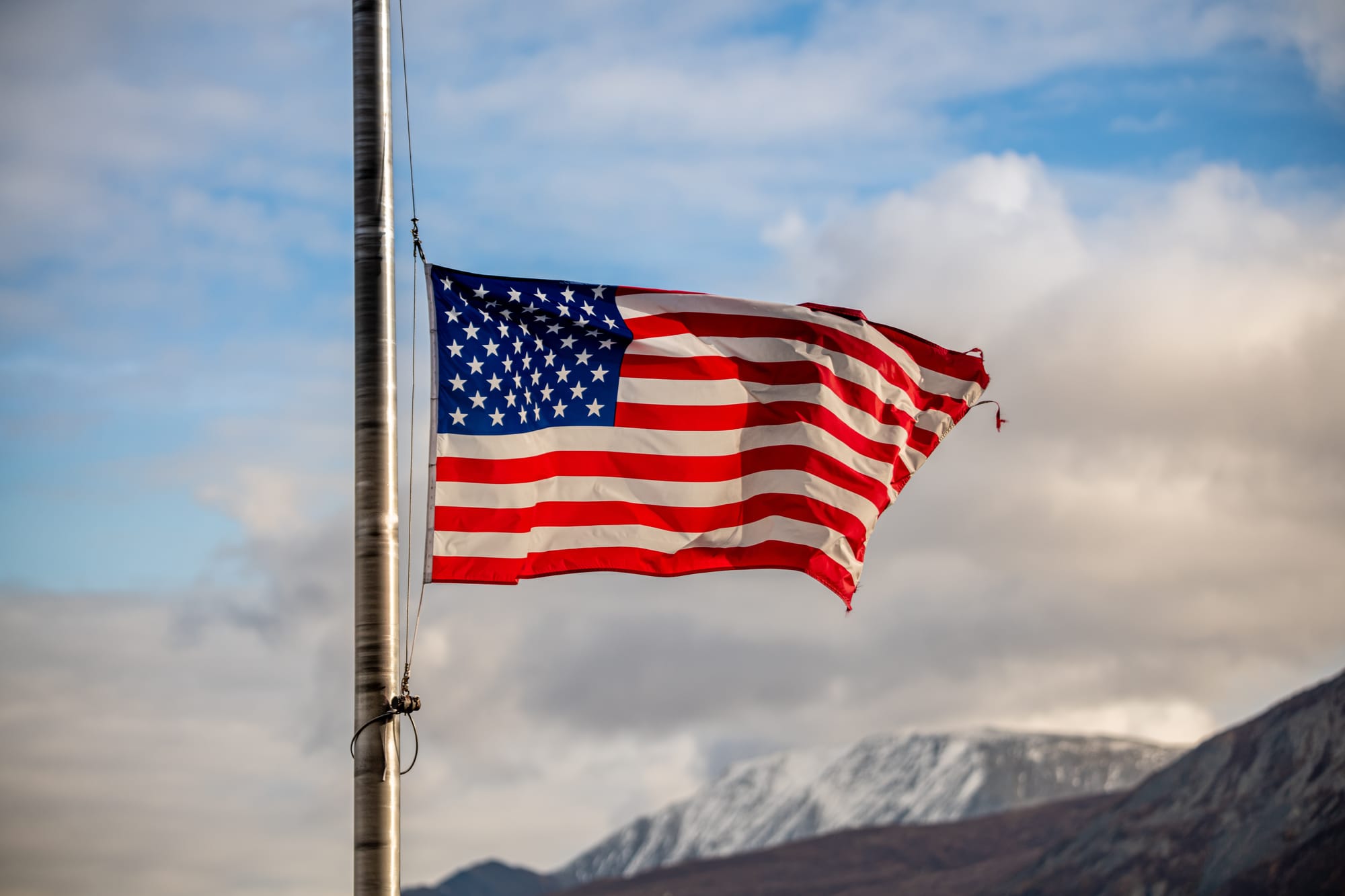
Last week, David Traver, the union's chief steward representing Veterans Affairs employees in Alaska, warned legislators that Trump’s plans to reduce the federal workforce could put more than a thousand federal employees in Alaska — and their $88 million in wages — on the chopping block. Voluntary resignations would never reach the president's target of a 10% reduction in the federal workforce. Probationary workers, he warned, would have to be targeted.
And late this week, he appears to be, unfortunately, right.
Starting Thursday afternoon and continuing today, the Trump administration has begun firing most probationary workers — workers who have been in their current position for less than one or two years, depending on their classification, which includes long-time employees who recently changed titles — hitting everything from the NOAA and the Indian Health Service to park and forest rangers. Traver said more than 1,200 federal workers in Alaska are on probation, accounting for about 10% of the state's federal workforce.
Today, he met the grim news that the firings were, in fact, underway with a bit of gallows humor and uncorked anger at how federal employees have been treated in the Trump era. He said the size, scope and impact were still uncertain as of Friday, but what he had heard was "chilling," and there was little clarity or comfort to be offered at this time. And on top of the uncertainty, he said, federal workers are facing hateful and incendiary messages from Trump supporters gloating about the firings and threatening worse against federal workers and their families.
He said it all feels like a betrayal.
"That behavior was condoned by the White House," he said, pointing to the slate of pardons for January 6 rioters, including those who assaulted police, that sent a message that anti-government behavior will go unpunished. "And now they're firing people for doing our job. Where's the pardon for being a federal employee?"
The mass firing of probationary workers has been rumored for several weeks as the Trump administration and the DOGEturds have set about collecting information and 200-character justifications for retaining employees from supervisors. It appears that efforts to spare essential employees were largely ignored, leading to the indiscriminate elimination of probationary employees throughout several branches of the federal government.
“It’s Valentine’s Day massacre on feds,” one source told Marisa Kabas, the newsletter journalist who broke the federal grant freeze story first and has been an invaluable window into the inner workings of the Trump administration's dismantling of the federal government.
Reports of the impacts have been scattershot at best, with NPR reporting affected agencies include the Department of Agriculture, the Centers for Disease Control and Prevention, the Environmental Protection Agency, the Department of Energy, the Department of Veterans Affairs and the Department of Interior. More cuts are expected to hit workers at the Pentagon and the Department of Housing and Urban Development. Even the agency responsible for overseeing the nation's nuclear weapons stockpile was hit with mass firings before the glaring national security risk resulted in a pause of the move.
Federal employee union AFGE National President Everett Kelley said the firings came with no warning or opportunity for employees to defend themselves.
"This administration has abused the probationary period to conduct a politically driven mass firing spree, targeting employees not because of performance, but because they were hired before Trump took office,” Kelley said. “Employees were given no notice, no due process, and no opportunity to defend themselves in a blatant violation of the principles of fairness and merit that are supposed to govern federal employment.”
In Alaska, Traver said that about a quarter of the federal probationary employees are veterans. Many work directly for Veterans Affairs, delivering specialized care to the state’s veteran population. Traver, who worked at the VA for three decades, said he’s particularly concerned about the impact on care for veterans, noting that many veterans suffer from PTSD that untrained providers can exacerbate.
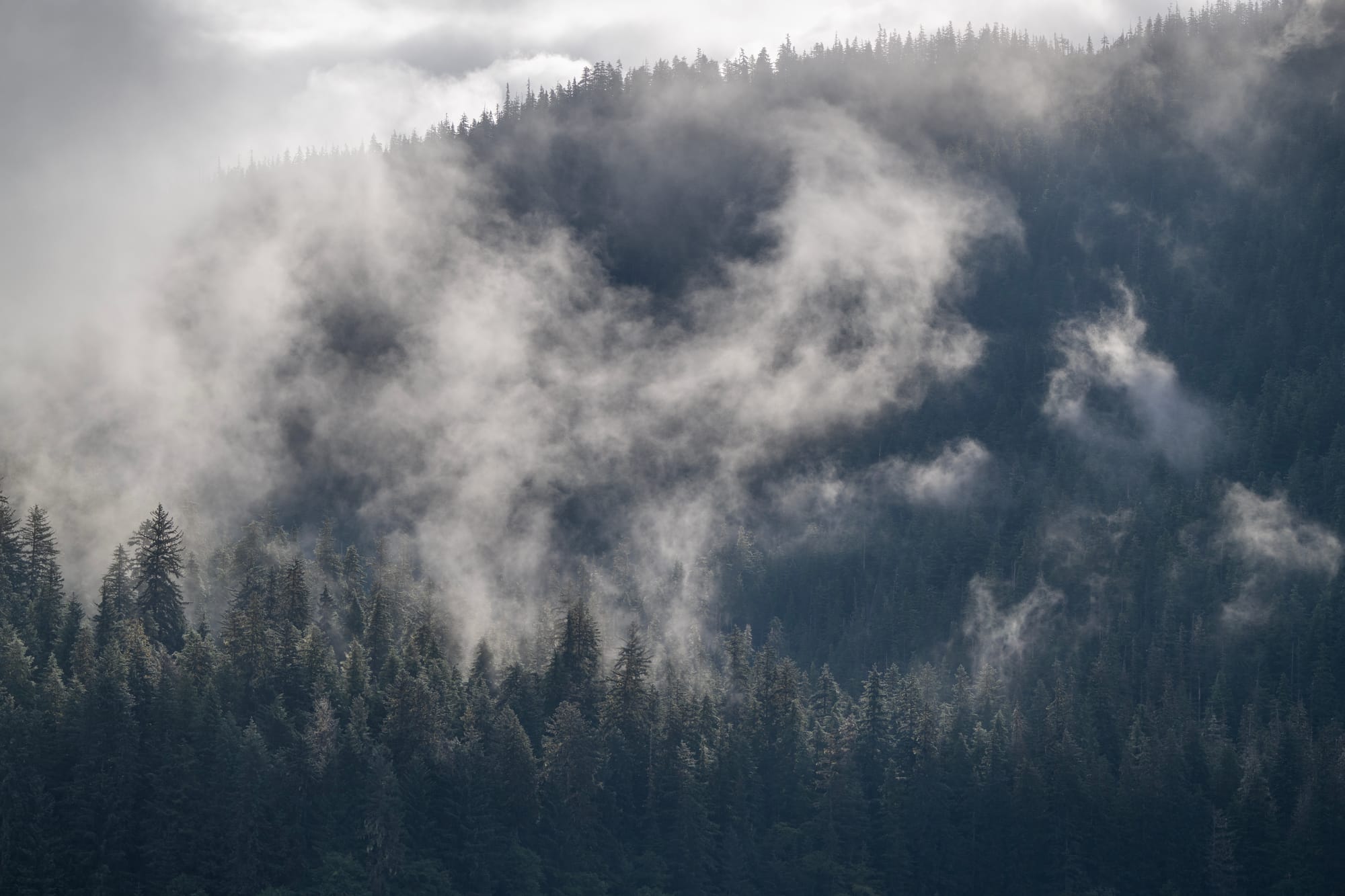
Those cuts are also expected to extend to probationary employees in the National Oceanic and Atmospheric Administration, which Alaska climatologist Brian Brettschneider said in a Bluesky thread will hit NOAA operations in the state particularly hard.
“Devastating. Hard to overstate how bad this FIRST STEP is. Here in Alaska, there is an outsized proportion of federal workers in their probationary period. Alaska is often the first stop in a career in federal service and typically has a large fraction of probationary workers,” he wrote. “As a small population state with a small university system, we rely on enticing people from other states to fill positions that cannot be filled organically.”
The Alaska Legislature has held several hearings to understand the impacts of the federal grant freeze and other funding interruptions by the Trump administration, and the results have painted a gloomy and frustrating picture. Even single-day delays, such as we saw around the initial grant freeze, can lead to delays or outright cancelation of critical projects, said House Judiciary Committee Chair Andrew Gray. He said that that's particularly true for projects serving rural communities because of the ever-rising costs and narrow windows for work.
Gray organized a hearing last week at which Traver was one of several groups to testify about the uncertainty and costs associated with the delays. He said he also plans to have state agencies appear before the committee to discuss their impacts, but they asked to wait until they understood them better. He quipped if that's the case, they may be delayed forever.
Gray, who is also a veteran, said the scope and impact the cuts will have on federal services will be so widely felt and unpopular that he hopes it will wake politicians across the country up to what’s happening, particularly in red states.
“The federal government is so deeply intertwined in the fabric of this country that it will be a catastrophe,” he said. “It can’t happen.”

Again, it’s unclear how widespread the latest round of firings has been or will be in Alaska, but there have been reports that probationary park and forest rangers have been fired. I've reached out to other federal unions to see if we can gauge the impacts (I don't really put a huge amount of stock in what the federal government or our largely obsequious Congressional Delegation says at this point).
As of right now, uncertainty seems to be the name of the game, and it could cause major fallout for the state. At the hearing in the House Judiciary Committee last week, several groups said the state might need to be a fallback if critical federal services fall apart. That could be difficult, if not impossible, given the state's ongoing budget woes. Alaska also receives the most federal funding per capita, flowing into just about every corner of the state through infrastructure or other spending. It accounts for a massive chunk of the state's budget.
The potential economic fallout has also been frightening.
Traver said that the 1,200 probationary employees in the state account for about $88 million in annual pay, most of which could vanish from the economy. He said he's worried about what it'll mean for the state as hundreds of families will be out of work, with many having to turn to social safety net programs for help.
"Alaska's economy has two parts,” he said, “oil and federal employees.”
He said he'd like to know what Republican Gov. Mike Dunleavy, a staunch Trump booster who has cheered on much of the mayhem, has planned to take care of Alaska's veterans and others who will be out of work.
"None of the federal employees came here to get rich," Traver said. "They came to give back."
Stay tuned.
My bylines from elsewhere
- Shocker. Republican who bashed students on social media is skeptical of letting them pre-register to vote
- Dunleavy manipulated salary study so he could keep underpaying workers, lawsuit alleges
- Alaska Legislature says Denali should stay Denali
Weekend watching
Oof, I think it's time to dust off an old classic.
Take care, everybody.
The Alaska Memo Newsletter
Join the newsletter to receive the latest updates in your inbox.



